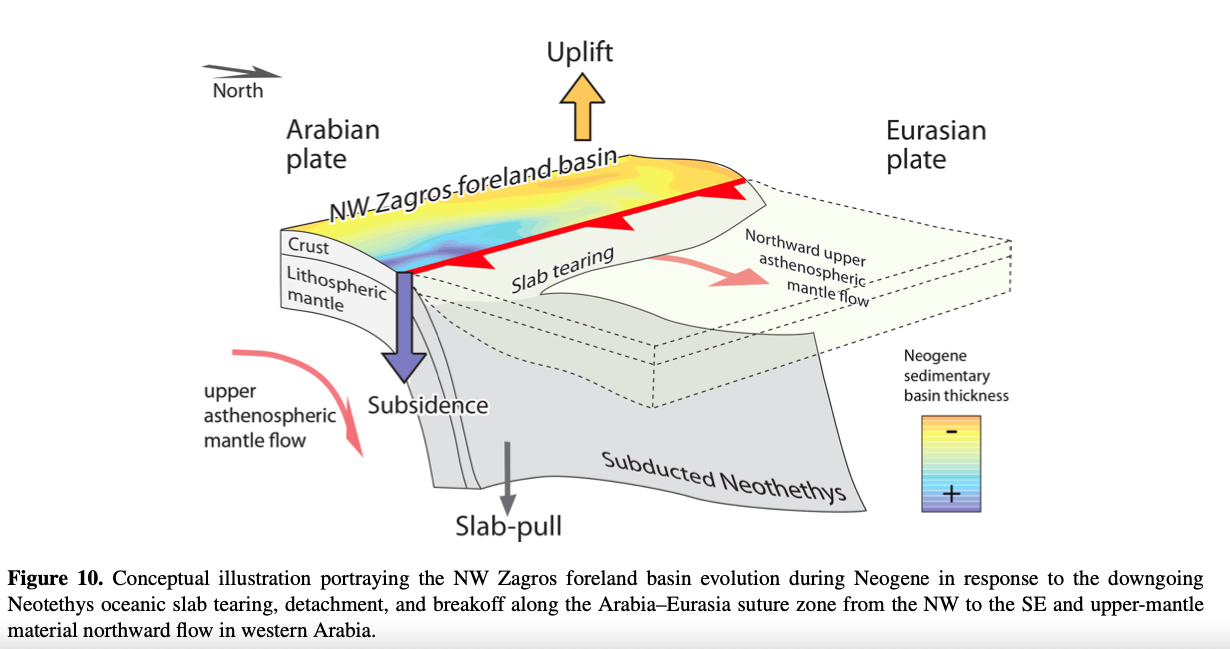 Mammals On The Ground Before The Dinosaurs Were Gone
Mammals On The Ground Before The Dinosaurs Were GoneFor decades, natural history books have taught that when a catastrophic asteroid struck Earth...
In this article I'm going to examine how student feedback plays a pivotal role in enhancing learning...
 The Earth Beneath Our Feet: How The Zagros Mountains Are Shaping The Middle East
The Earth Beneath Our Feet: How The Zagros Mountains Are Shaping The Middle EastThe Zagros Mountains are nestled in Iran, northern Iraq, and southeastern Turkey, and are the scene...
 How QbD Can Drive Innovation And Quality In Pharmaceuticals
How QbD Can Drive Innovation And Quality In PharmaceuticalsQuality by Design (QbD) is a decade-long approach that was first introduced by quality expert...






